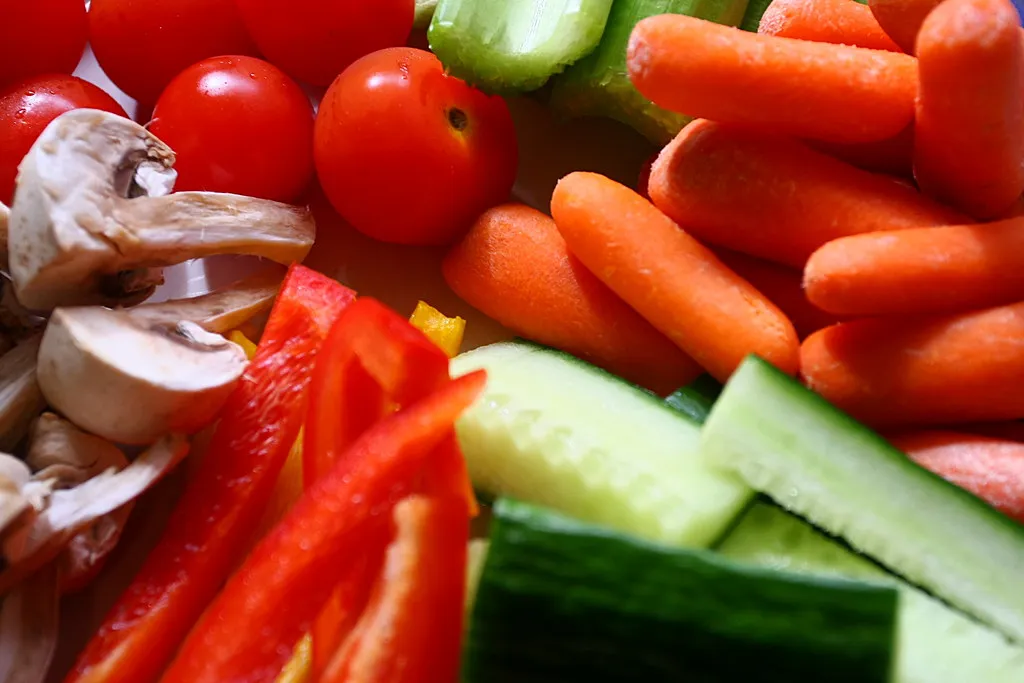The storing of vegetables is a really sensitive business. Because your aim is to keep the vegetables fresh for a longer time and they should be safe to eat. Some vegetables need a refrigerator to stay fresh, however others can survive without a refrigerator. The same goes for the fruits. You need to understand the right strategy for both of the ingredients if you want to keep them fresh for a long period of time.
● Leafy green
● Asparagus
● Root vegetables
● Tomatoes
● Canned vegetables
● Freezing the vegetables
Leafy Greens
If you rain the green leafy vegetables then they will stay fresh for a long period of time. An additional work then you can do is wrap them in a towel or paper towel and store them in a refrigerator concealed in a container or a plastic bag. Every green leafy vegetable will survive for a longer period of time if you store them like this.
Asparagus
Vegetables like asparagus should remain in the refrigerator. You need to keep your asparagus tamp in a paper towel and the stocks should be kept in a bowl in water.
Root Vegetables
Sometimes it is best to store the root vegetables such as onion, garlic, carrots, sweet potatoes, yams and pumpkins as well as rutabagga in a dark and dry place. The temperature for the storage should be cool. Because these root vegetables can survive outside the refrigerator easily and they will stay fresh for a longer period of time.
Tomatoes
This is a universal product that everyone around the world uses in their recipes. You can store them on the shelf of your kitchen but keep in mind that they should remain out of the sunlight. This way the tomatoes will rip easily. Once they are ripe. You can place them in the fridge.
Canned Vegetables
The vegetables that come in a can can be kept at your house for at least one or two years. Each can has a certain label. Basically these labels can tell you the exact date until which the can can survive. The manufacturers have decided these dates and until those dates the vegetables remain fresh and intact within the can.
Freezing the Vegetable
Another good option is to freeze your vegetables at home if you do not want to eat them right away. This is an easy and fast way to keep the vegetables intact for a longer period of time. This way the nutrients can be preserved and you can enjoy the taste of certain vegetables all summer long.
Sometimes you need to have cooked the vegetables before you go and freeze them and sometimes the other vegetables need to be frozen raw. There are certain vegetables that do not need freezing and if you freeze them they will rot. Such as potatoes, eggplant, green, and radishes.
Conclusion
Once you know the exact method of storing your vegetables, it becomes really easy. Just keep in mind to follow through all the steps properly and use the vegetables after a certain amount of time.
